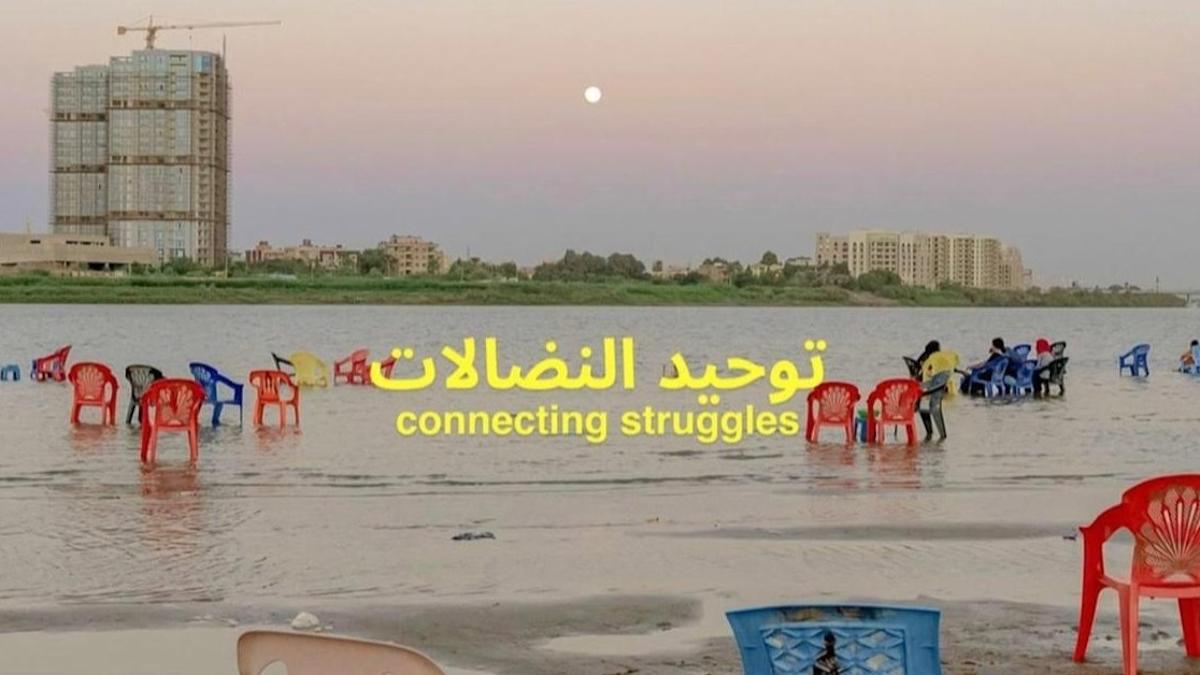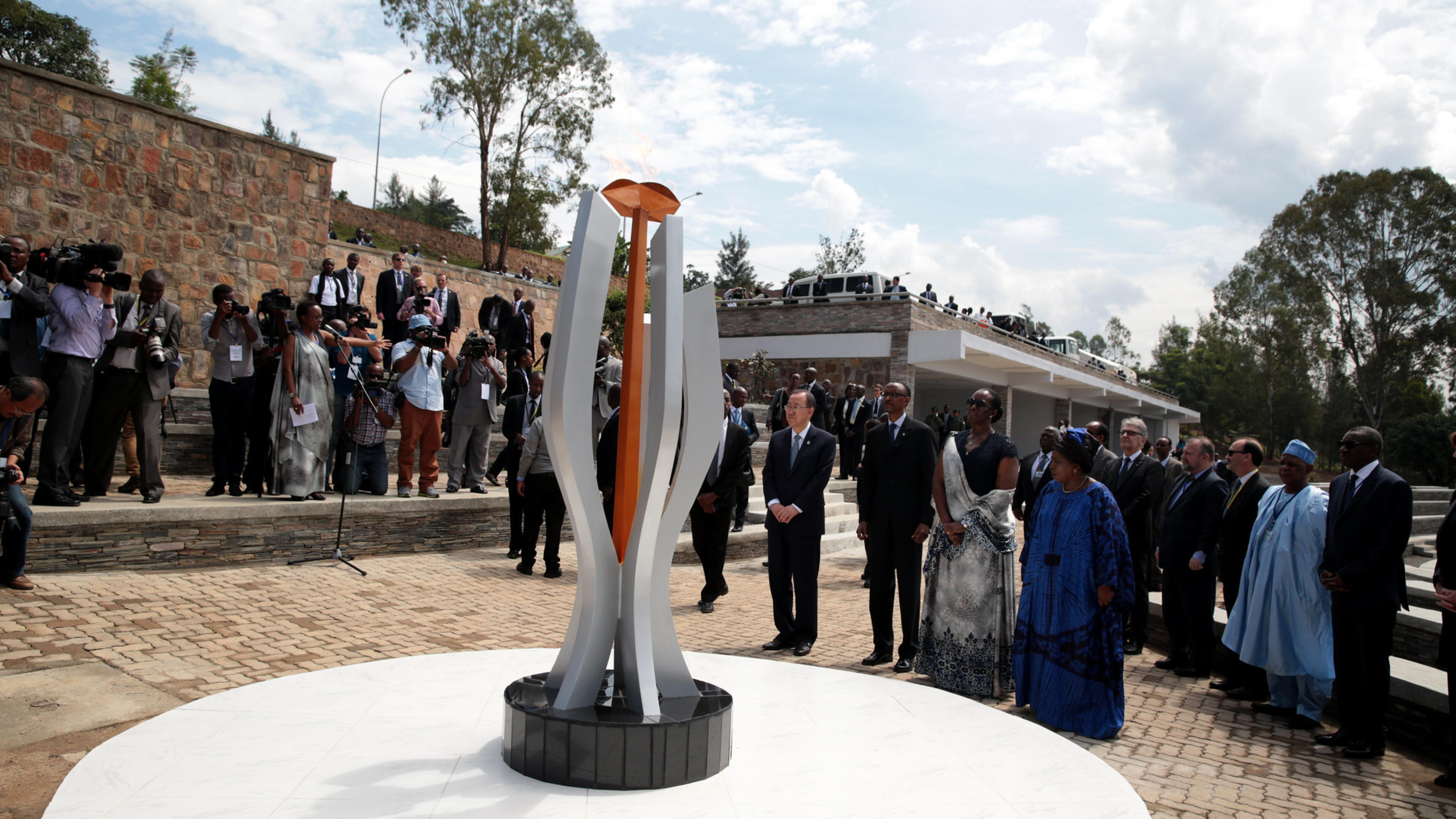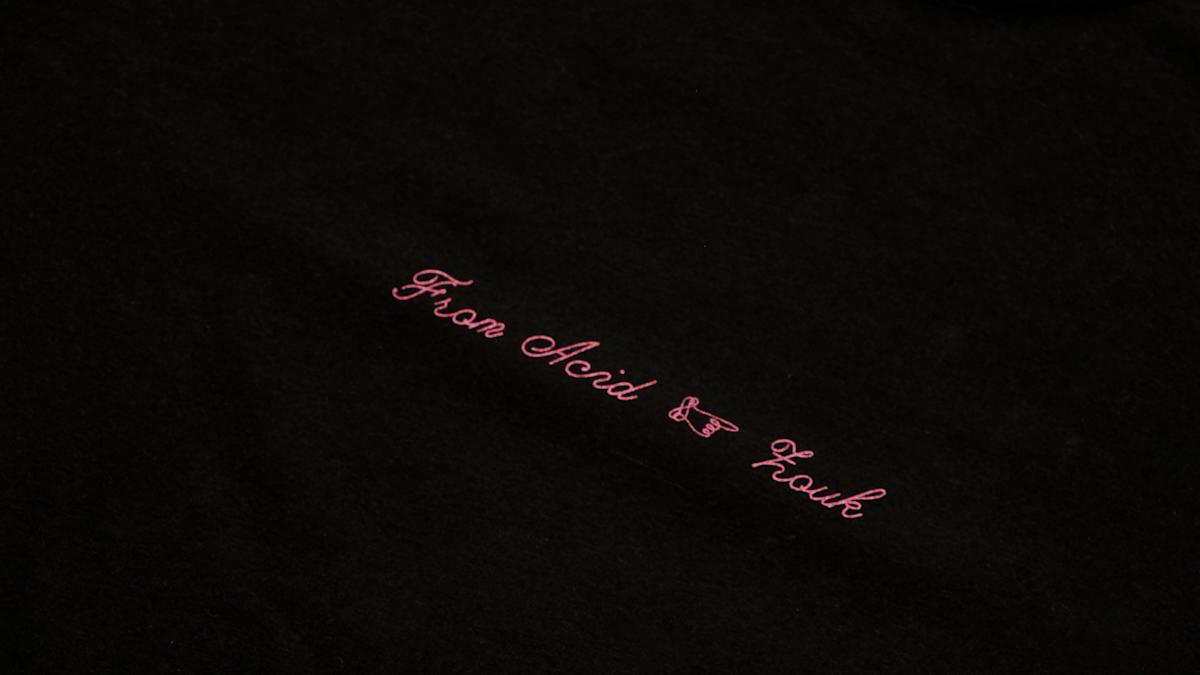
moe. and Acidfinky to host a fundraiser for Sudan and Palestine
Come down next Wednesday, December 10th.
Loading

30th anniversary of Rwanda genocide | Germany at the ICJ | 1 year of war in Sudan
By Staff
Our weekly roundup of stories you may have missed.
30th anniversary of the genocide in Rwanda
This year marks the 30th anniversary of the Rwandan genocide during which up to 800,000 people, 75% of the Tutsi minority, were massacred by the Hutu majority. Commemorations were held internationally with Rwandan President Paul Kagame speaking at the memorial in Kigali on 7 April as part of Kwibuka 30.
Often misrepresented as a “tribal war” by Western media, the genocide has to be understood in the context of German and Belgian colonial rule. In 1926, Belgian colonisers introduced identity cards institutionalising the distinction between Hutu and Tutsi, who were favoured by the colonisers based on racist ideas of their ethnic superiority over the Hutu majority.
While the situation in Rwanda has improved significantly in the last 30 years, violence continues in the neighbouring Democratic Republic of Congo where the M23 – a Rwanda-backed rebel group – is accused of committing war crimes in their battle for control over the eastern DRC. Listen to witnesses speak about the genocide and learn more about it in this DW Documentary.
Germany on trial at the International Court of Justice
On Monday and Tuesday this week Germany faced accusations of ‘complicity in genocide’ in Gaza at the International Court of Justice. On Monday the court heard from the ambassador of Nicaragua, the country that brought the case to the ICJ, who argued that Germany has continued to supply vital military aid to Israel, and seems unable “to differentiate between self-defence and genocide.”
Germany has been accused of facilitating genocide and breaching the UN Genocide Convention, which was established in 1948 in the wake of the Holocaust. The final verdict on Germany’s guilt could take months to reach, but Nicaragua has asked the ICJ to demand that Germany immediately cease sending weapons to Israel.
1 year of war in Sudan
15 April marks one year since the start of Sudan’s civil war, a conflict between Sudan’s armed forces and the RSF paramilitary that has triggered a humanitarian crisis affecting 25 million people, displaced over 8 million, and has been marked by intense violence and ethnic cleansing, particularly in the capital Khartoum and the western region of Darfur.
Often ignored by Western media and overshadowed by international attention on conflicts in Gaza and Ukraine, Sudan was already home to one of the world’s ‘most neglected humanitarian crises’ before the war began. For more info on how to help, Nas al Sudan have compiled a list of Sudanese-led initiatives to donate to and support.
Turkey elections
In Turkey’s local elections, the opposition party CHP beat President Recep Tayyip Erdoğan's ruling AKP party in 36 out of 81 municipalities. This increases their influence on the local level even after Erdoğan’s reelection in 2023. In Van province, the Kurdish democratic DEM party’s candidate Abdullah Zeydan was elected mayor, but authorities overturned the result in another attempt to repress and control the Kurdish population. After clashes between authorities and protestors, Zeydan was reinstated in office on Friday.
Russia bombs Kharkiv
Ukrainian President Zelenskyy told the US Congress that Ukraine may be on the verge of losing the war unless it receives additional military support, as Russian attacks on the country’s second-largest city Kharkiv intensify. Ukrainian soldiers have reported “almost daily” illegal gas attacks in the country’s eastern region of Donetsk–echoing similar accusations made against Russia during its assault on Mariupol during the early stages of the full-scale invasion.
New Caledonia independence demonstrations against France
Across the island of New Caledonia protests were held against planned reforms to the electoral system by the French Senate and Emmanuel Macron. These changes would allow anyone residing in New Caledonia for ten years to participate in the electoral roll. This would affect mostly non-indigenous inhabitants and increase the external influence of France on the island’s political sphere. Kanak indigenous and pro-independence voices have grown in the past years and push back against the reform and continuation of French colonial influence in New Caledonia.
Gambia considers repeal of FGM ban
The Gambian parliament discusses the reversal of the ban on female genital mutilation (FGM) instated in 2015. Even though the ban officially outlawed FGM, Amnesty International reports that only two cases have been prosecuted so far. A repeal of the ban on FGM would set back women’s rights in the Gambia and violate the principle of “equal dignity of the person” as guaranteed in the Gambian Constitution. The Nala Feminist Collective has started a petition to urge the Gambian Government to uphold the ban. You can sign it here.
International Romani day
8 April is International Romani Day, a celebration of Romani and Sinti cultures, languages and histories. Read a new interview feature by Liv Toerkell with Svetlana Kostić of RomaniPhen, a group of Berlin-based activists who are countering marginalisation and erasure by building an anti-racist, feminist archive of Romani knowledge.
Header image of Kigali Genocide Memorial Centre licensed under CC BY-ND 2.0 DEED.

Come down next Wednesday, December 10th.

This week: Gaza Biennale, embodiment workshops, listening sessions

Out now, featuring every genre we've ever had on the radio.